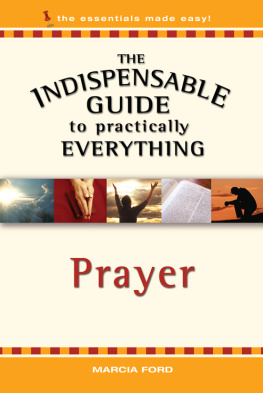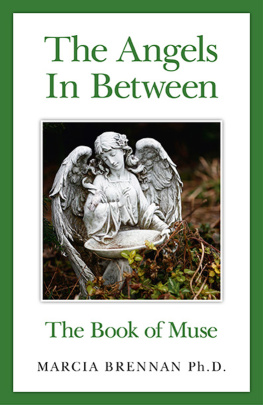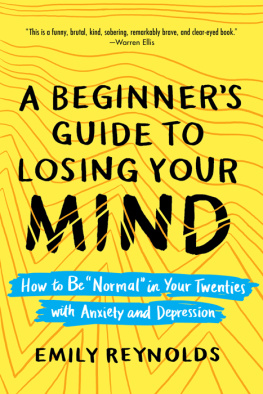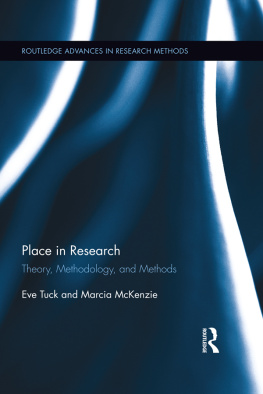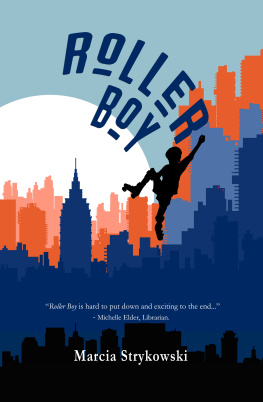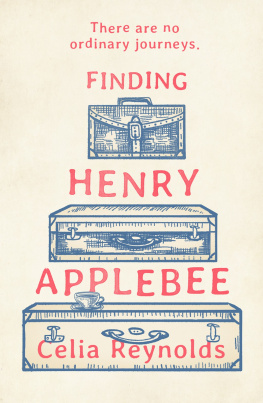Marcia Reynolds - Coach the Person, Not the Problem: A Guide to Using Reflective Inquiry
Here you can read online Marcia Reynolds - Coach the Person, Not the Problem: A Guide to Using Reflective Inquiry full text of the book (entire story) in english for free. Download pdf and epub, get meaning, cover and reviews about this ebook. year: 2020, publisher: Berrett-Koehler Publishers, genre: Business. Description of the work, (preface) as well as reviews are available. Best literature library LitArk.com created for fans of good reading and offers a wide selection of genres:
Romance novel
Science fiction
Adventure
Detective
Science
History
Home and family
Prose
Art
Politics
Computer
Non-fiction
Religion
Business
Children
Humor
Choose a favorite category and find really read worthwhile books. Enjoy immersion in the world of imagination, feel the emotions of the characters or learn something new for yourself, make an fascinating discovery.

- Book:Coach the Person, Not the Problem: A Guide to Using Reflective Inquiry
- Author:
- Publisher:Berrett-Koehler Publishers
- Genre:
- Year:2020
- Rating:4 / 5
- Favourites:Add to favourites
- Your mark:
- 80
- 1
- 2
- 3
- 4
- 5
Coach the Person, Not the Problem: A Guide to Using Reflective Inquiry: summary, description and annotation
We offer to read an annotation, description, summary or preface (depends on what the author of the book "Coach the Person, Not the Problem: A Guide to Using Reflective Inquiry" wrote himself). If you haven't found the necessary information about the book — write in the comments, we will try to find it.
Marcia Reynolds: author's other books
Who wrote Coach the Person, Not the Problem: A Guide to Using Reflective Inquiry? Find out the surname, the name of the author of the book and a list of all author's works by series.
Coach the Person, Not the Problem: A Guide to Using Reflective Inquiry — read online for free the complete book (whole text) full work
Below is the text of the book, divided by pages. System saving the place of the last page read, allows you to conveniently read the book "Coach the Person, Not the Problem: A Guide to Using Reflective Inquiry" online for free, without having to search again every time where you left off. Put a bookmark, and you can go to the page where you finished reading at any time.
Font size:
Interval:
Bookmark:
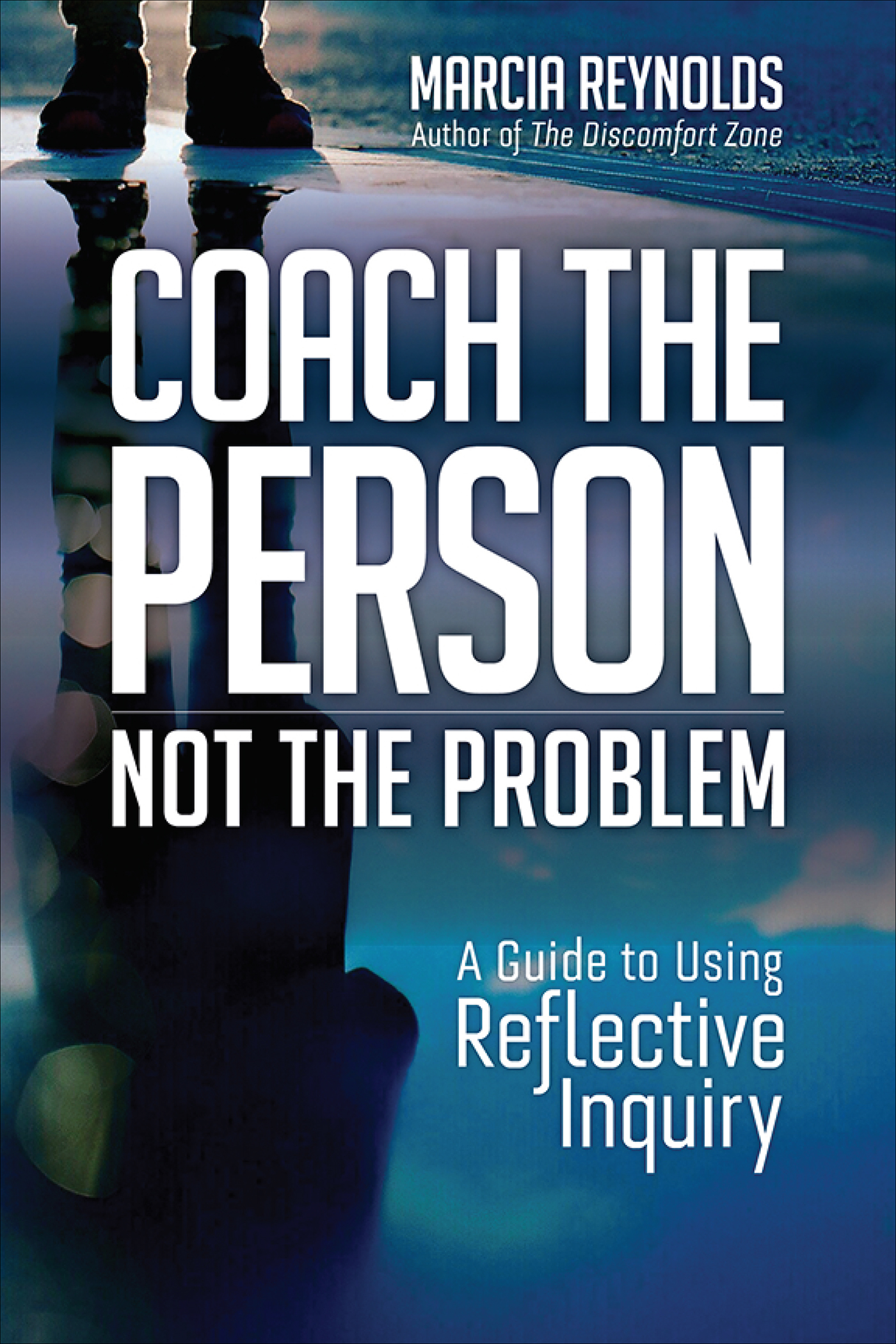

COACH THE PERSON , NOT THE PROBLEM
Coach the Person, Not the Problem
Copyright 2020 by Marcia Reynolds
All rights reserved. No part of this publication may be reproduced, distributed, or transmitted in any form or by any means, including photocopying, recording, or other electronic or mechanical methods, without the prior written permission of the publisher, except in the case of brief quotations embodied in critical reviews and certain other noncommercial uses permitted by copyright law. For permission requests, write to the publisher, addressed Attention: Permissions Coordinator, at the address below.

Berrett-Koehler Publishers, Inc.
1333 Broadway, Suite 1000
Oakland, CA 94612-1921
Tel: (510) 817-2277, Fax: (510) 817-2278
www.bkconnection.com
Ordering information for print editions
Quantity sales. Special discounts are available on quantity purchases by corporations, associations, and others. For details, contact the Special Sales Department at the Berrett-Koehler address above.
Individual sales. Berrett-Koehler publications are available through most bookstores. They can also be ordered directly from Berrett-Koehler: Tel: (800) 929-2929; Fax: (802) 864-7626; www.bkconnection.com
Orders for college textbook/course adoption use. Please contact Berrett-Koehler: Tel: (800) 929-2929; Fax: (802) 864-7626.
Distributed to the U.S. trade and internationally by Penguin Random House Publisher Services.
Berrett-Koehler and the BK logo are registered trademarks of Berrett-Koehler Publishers, Inc.
First Edition
Paperback print edition ISBN 978-1-5230-8783-9
PDF e-book ISBN 978-1-5230-8784-6
IDPF e-book ISBN 978-1-5230-8785-3
Digital audio ISBN 978-1-5230-8786-0
2020-1
Copyediting: PeopleSpeak
Book design and composition: Marin Bookworks
Cover design: Irene Morris
To my parents, who never gave up on me no matter what problems I created.
MANY POPULAR BOOKS , leadership actions, and coaching guidelines outline rules for asking good questions. Common rules include ask open questions; start with what, when, where, how, and who; and avoid why questions.
These suggestions are misleading.
Coaches and leaders spend more time trying to remember the questions theyre supposed to ask than paying attention to the person they are coaching. They end up checklist coaching to ensure their questions follow the model they were taught in coaching school or a leadership workshop, which is more frustrating for the client than helpful.
Not only do coaches spend more time in their own heads than listening, they make coaching more complex than it should be. They dont realize that being present and using reflective statements such as summarizing, paraphrasing, and drawing distinctions can be more powerfuland easierthan seeking the magical question. When a coach asks a question after providing a reflection, the question is more likely to arise out of curiosity, not memory. At this point, even a closed question can lead to a breakthrough in thinking.
Coaching should be a process of inquiry, not a series of questions. The intent of inquiry is not to find solutions but to provoke critical thinking about our own thoughts. Inquiry helps the people being coached discern gaps in their logic, evaluate their beliefs, and clarify fears and desires affecting their choices. Solutions emerge when thoughts are rearranged and expanded.
Statements that prompt us to look inside our brains are reflective. They trigger reflection. Reflective statements include recapping, labeling, using metaphors, identifying key or conflicting points, and recognizing emotional shifts. Inquiry combines questions with reflective statements.
Questions seek answers; inquiry provokes insight.
When using reflective statements in coaching, clients hear their words, see how their beliefs form their perceptions, and face the emotions they are expressing. Then, a follow-up question that either confirms (Is this true for you?) or prompts exploration (when the coach is curious about what, when, where, how, or who) provokes clients to look into their thoughts.
Reflective statements + questions = reflective inquiry.
Adding reflective statements to questions makes coaching feel more natural and effortless. You dont have to worry about formulating the breakthrough question.
Pairing reflective statements with questions frees the coach of the weight of finding the perfect/best/right question.
On the other hand, some professionals who call themselves coaches ask questions for the purpose of determining what advice to give. They criticize the International Coaching Federation (ICF), formerly known as the International Coach Federation, for rigidly imposing requirements around question asking. A Harvard psychology professor told me she wasnt an ICF credentialed coach because her high-level executive clients didnt want her to ask about how they were feeling. Its a waste of time to question their thoughts and emotions, she said. They want my expertise. They are clueless and need advice or a kick in the butt. Its possible thats what her clients need, but that isnt coaching. Its face-slapping mentoring.
I fear the loss of coaching as a distinct profession when the word coaching is diluted by people preferring to give advice. Coaching is an effective technology for helping people quickly reframe, shift perspective, and redefine themselves and their situations. Coaches act as thinking partners for people who are stuck inside their stories and perceptions. They help clients think more broadly for themselves, beyond their blinding fears, inherited beliefs, and half-baked assumptions that limit possible actions. As a result of this new perspective, clients discover new solutions, take action on solutions they had avoided, and commit to long-term behavioral changes more often than when they are told what to do.
The goal of coaching is to get clients to stop and question the thoughts and behaviors that limit their perspective so they can see a new way forward to achieve their desires. Reflective practices provide an instant replay for clients to observe themselves telling their stories. The questions then help clients identify the beliefs and behavioral patterns they are using. They see for themselves what patterns are ineffective, even damaging. If done with patience and respect, its likely your clients will clearly see what they need to do without your brilliant advice.
The use of reflective inquiry as a powerful learning technology has been around for over one hundred years. Ill explain the origins of reflective inquiry in .
Using reflective inquiry with a caring and appreciative presence creates a connection where clients feel safe to critically explore how they think. Clients dont feel pressured to explore their blocks more deeply; they naturally go deeper. Hearing their own words prompts them to willingly dissect the meaning of their statements. They admit when their words are defensive rationalizations for behavior that doesnt align with their core values and desires.
Font size:
Interval:
Bookmark:
Similar books «Coach the Person, Not the Problem: A Guide to Using Reflective Inquiry»
Look at similar books to Coach the Person, Not the Problem: A Guide to Using Reflective Inquiry. We have selected literature similar in name and meaning in the hope of providing readers with more options to find new, interesting, not yet read works.
Discussion, reviews of the book Coach the Person, Not the Problem: A Guide to Using Reflective Inquiry and just readers' own opinions. Leave your comments, write what you think about the work, its meaning or the main characters. Specify what exactly you liked and what you didn't like, and why you think so.

